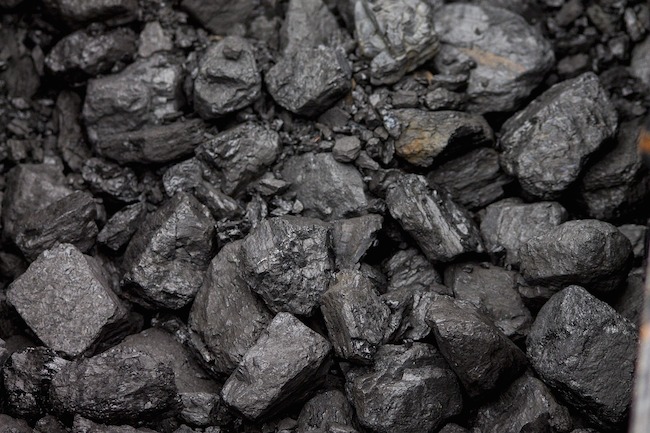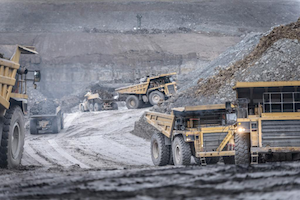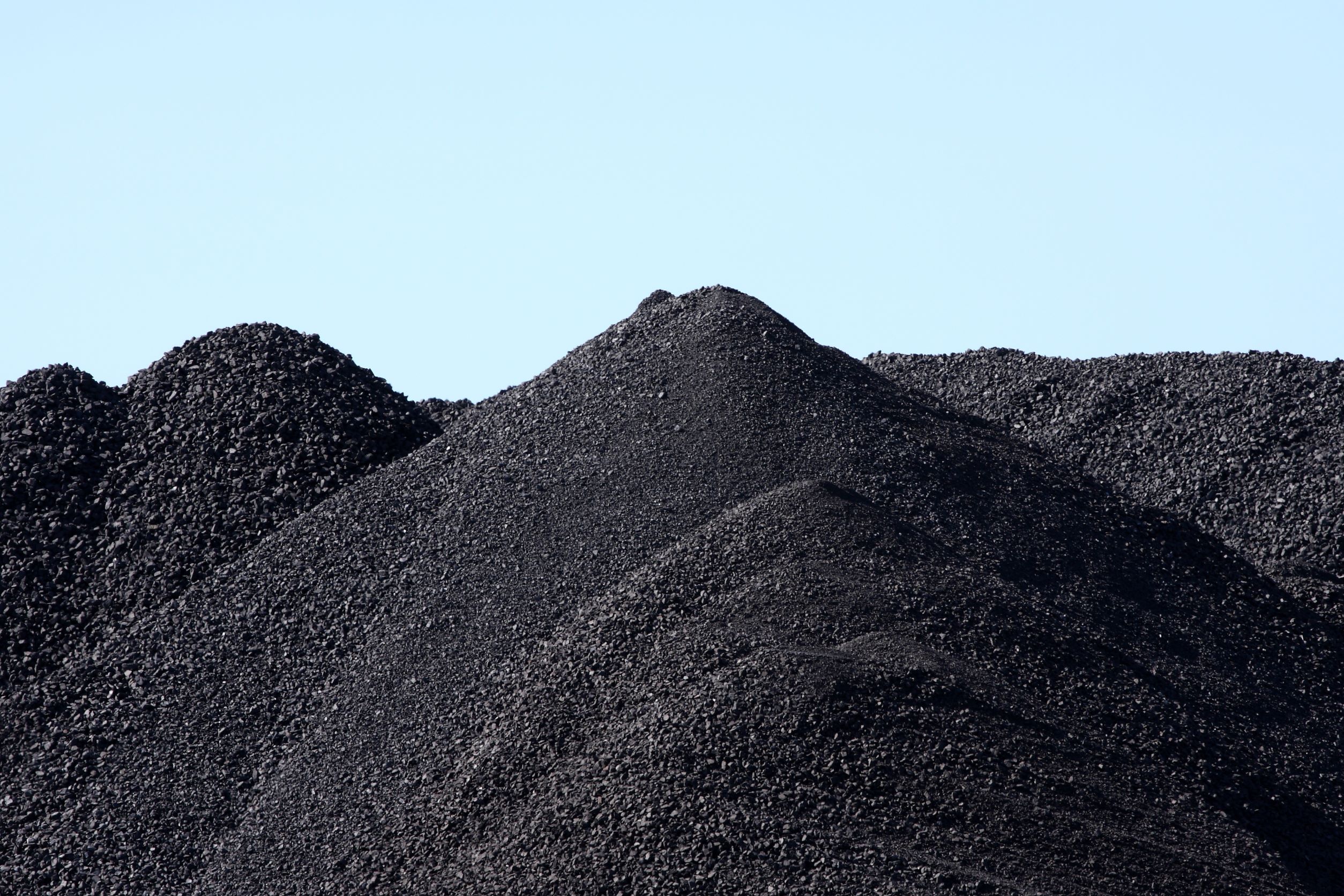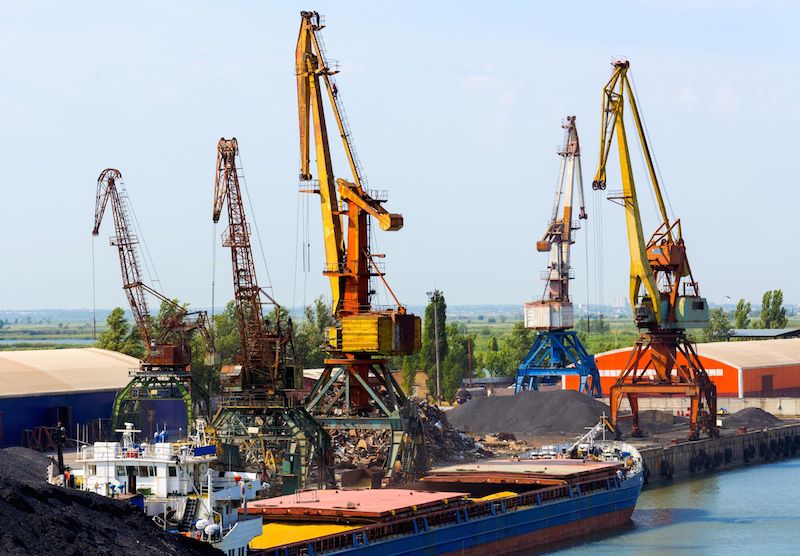
The Russian Ministry of Finance and the Ministry of Economy are introducing duties on exports of coal, as well as on almost all types of goods except oil, oil products, gas, timber, scrap, grain and machinery production from October 1 and until the end of 2024.
The amount of the duty will depend on the dollar exchange rate:
· below 80 RUR – 0%,
· 80-85 RUR – 4%,
· 85-90 RUR – 4.5%,
· 90-95 RUR – 5.5%,
· above 95 RUR – 7%.
The duty will hit most strongly coal mining companies, steelmakers, and fertilizer producers. Unexpected introduction of the duty creates financial unpredictability for investors. An increase in the fiscal burden may have a negative impact on companies’ investment programs.
The Russian government has increased the tax burden for the coal industry several times in recent years. Starting from the beginning of 2022, MET on coking coal is linked to the global price: the rate is set at 1.5% of the average coal index SGX TSI FOB Australia Premium Coking Coa, whereas previously a fixed rate of 57 RUR/t was applied. At the same time, there were discussions to introduce an export duty on coal, including thermal material, when its price exceeds 150 USD/t at the port of shipment, but instead, MET for anthracite, coking and thermal coal was temporarily increased up to 5.5 USD/t in 2023 (from January 1 to March 31).
Under the current conditions of unprecedented international sanctions, when Russian coal suppliers have to reorient their cargo flows and look for new export routes, the most supplies to Asian countries via Russia’s northwestern and southern ports are on the verge of profitability or make a loss. The imposed export duty makes shipments in these directions unprofitable and also creates similar risks for deliveries via Far Eastern terminals, especially for shippers that do not have their own port capacities.
At the same time, expenses and production costs are constantly increasing. Russian Railways (RZD) plans to adjust annually rising freight railroad tariffs by 10.75% in 2024. Due to the recent increase in Central Bank rates, coal miners may face difficulties in debt financing. Given the global sanctions, international shipowners and insurance companies periodically raise freight rates and insurance premiums for seaborne cargos. In addition, Russian suppliers are experiencing issues with banking transactions when performing export operations, that associated with great difficulties in terms of funds receipt from foreign counterparties to suppliers’ accounts in Russian banks. Meanwhile, the export duty must be paid prior to the start of loading from coal mining enterprises.
With September FOB prices for thermal coal in Russian ports in the Baltic, South and Far East at the level of 80-120 USD/t, the duty, at the current ruble exchange rate (97 RUR/USD), will amount to 7% or 6-9 USD/t.
The introduction of the duty is a negative factor for Russian coal exports and production, which may significantly decline, especially in case of a drop in global prices.
Source: CAA



